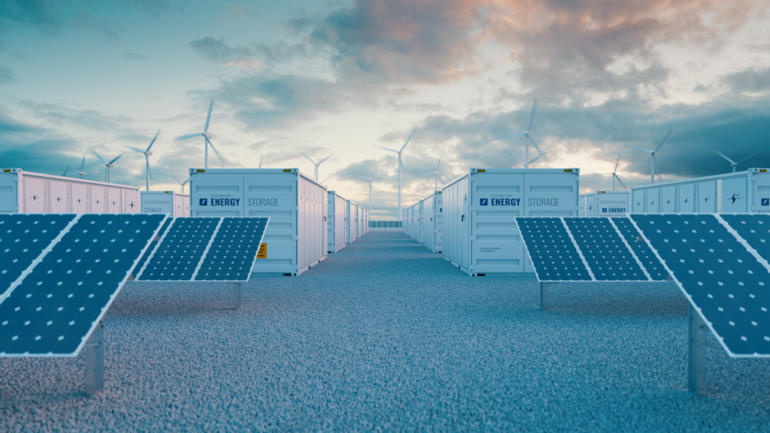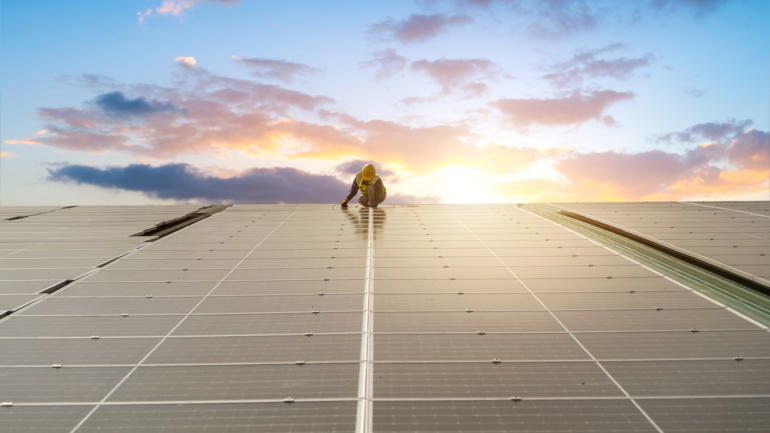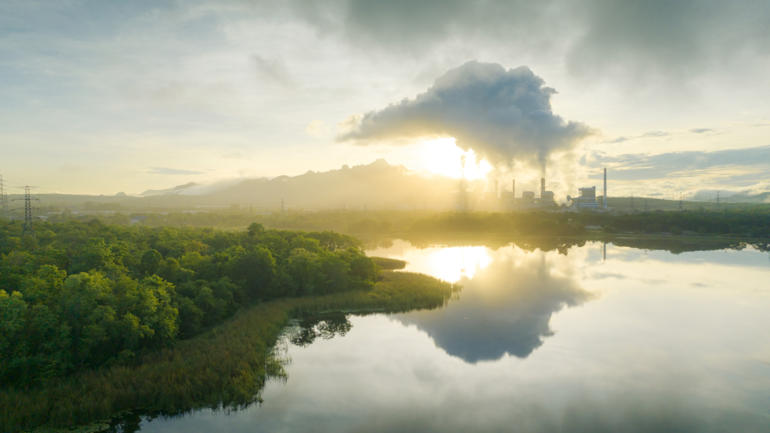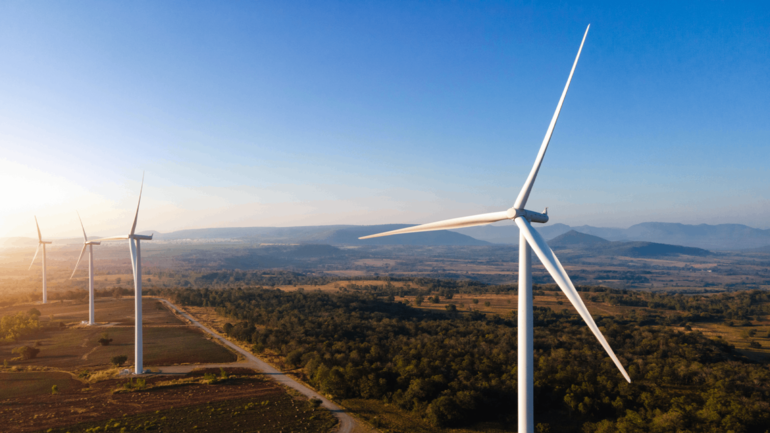Earlier this week, business leaders and government officials from across the Asia-Pacific gathered in Singapore for Asia-Pacific Climate Week 2018 (APCW 2018).
APCW 2018 is part of a series of Regional Climate Week events designed to advance the conversations on regional climate action across the world. WBCSD has been working closely with the UNFCCC to bring the business community perspective through engagement with our Global Network partners.
This week’s event aimed to demonstrate genuine international support for stepping up climate action, while mobilizing actors to support and enhance the implementation of countries’ Nationally Determined Contributions (NDCs) under the Paris Agreement. The event also focused on how governments in the Asia-Pacific region can take action to deliver the Sustainable Development Goals (SDGs).
During the opening high-level segment of APCW 2018, WBCSD’s Managing Director, Maria Mendiluce joined a panel alongside Patricia Espinosa, Executive Secretary of the UNFCCC, as well as representatives from the governments of Fiji, Singapore and the Maldives, the Asian Development Bank and UN ESCAP.
The panel discussion focused on the current state of climate action in the region and beyond, with particular focus on building climate resilience, especially in vulnerable areas of the Asia-Pacific.
Ms. Espinosa echoed the need for rapid action. “We are walking into a Category 5 hurricane with only an umbrella in hand,” she said, in reference to the every-day reality facing many small island nations and other vulnerable regions across the world.
Ms. Espinosa said that it’s clearer than ever that governments cannot fulfil the mitigation or adaptation objectives under the Paris Agreement without the involvement of other key stakeholders – including business.
In this context, Ms. Mendiluce highlighted the role that business played in the lead up to COP21 in accelerating the political momentum that helped deliver the Paris Agreement. She stressed that in the two years since, business has stepped up its support for climate ambition, pushing for Paris Agreement implementation and setting robust climate targets.
“Our goal at WBCSD is to move from implementing individual projects to complete systems transformation,” she said. “We are exploring how multiple solutions can be coupled together to accelerate the decarbonization of the economy, for example through our Low Carbon Technology Partnerships Initiative (LCTPi).”
In addition, Ms. Mendiluce underscored the fact that business, together with civil society, continues to be a key implementation partner for the Paris Agreement and the SDGs. She highlighted the importance of non-state actors being included in the UNFCCC process to support the dialogues towards enhancing ambition between now and 2020.
“Businesses want to be part of the discussion and can bring their experiences and best practices to speed-up the implementation of climate solutions related to mitigation and adaptation,” said Ms. Mendiluce. “What we need now is to move from pilot projects to larger volume projects that can be scaled up and replicated around the world.”
The event highlighted that NDCs offer a key opportunity for companies and governments to work together in large projects and to develop the policy frameworks that will support the implementation and operationalization of the Paris Agreement.
The Regional Climate Weeks, coupled with the ongoing Talanoa Dialogue, offer great opportunities to build and strengthen public-private partnerships across different regions.








